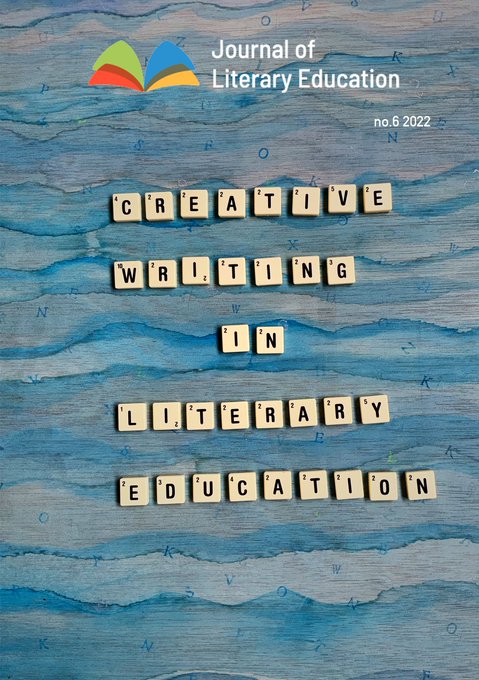The Depiction of the Loser Teenager in the Film and Television Adaptations of John Green’s Young Adult Novels
DOI:
https://doi.org/10.7203/JLE.6.25373 Abstract
Abstract
In the last few decades, the teen movie genre has left behind the genre of light comedies or farce comedies and deals with more substantial and fundamental issues concerning teenagers and young adults. In the literary universe of John Green, which has been the basis and source of inspiration for the corresponding film and television adaptations, the form of the good-natured and well-intentioned loser teenager dominates. The loser teenager watches with longing and anxiety the lives of his popular peers, longing to be given a chance to join their company. when this finally happens, he finds out that things are not always as they seem and the values that decorate his universe are not as meaningless as he initially thought. The heroes in Green's books possess culture, dreams and ambitions, and an already complete personal universe that most of their popular peers lack, lost in the abyss of adolescence, its changes, and dilemmas. their depiction in the mass entertainment media of film and television reflects also social changes in teen and school culture, s well as the broadening of personal outlooks and expectations of teenagers themselves. in the recent article, we are going to analyse the type of loser geek/nerd teenager hero in the film and television adaptations of his young adult novel Paper Towns (2015) and Looking for Alaska (2019).
 Downloads
Downloads
Downloads
Published
-
Abstract514
-
PDF336
Issue
Section
License
![]()
This work is licensed under a Creative Commons Attribution-NonCommercial-NoDerivatives 4.0 International License.
Authors who publish with this journal agree to the following terms: Authors retain copyright and grant the journal right of first publication with the work simultaneously licensed under a Creative Commons Attribution License that allows others to share the work with an acknowledgement of the work's authorship and initial publication in this journal. Authors are able to enter into separate, additional contractual arrangements for the non-exclusive distribution of the journal's published version of the work (e.g., post it to an institutional repository or publish it in a book), with an acknowledgement of its initial publication in this journal. Authors are permitted and encouraged to post their work online (e.g., in institutional repositories or on their website) prior to and during the submission process, as it can lead to productive exchanges, as well as earlier and greater citation of published work (See The Effect of Open Access).




